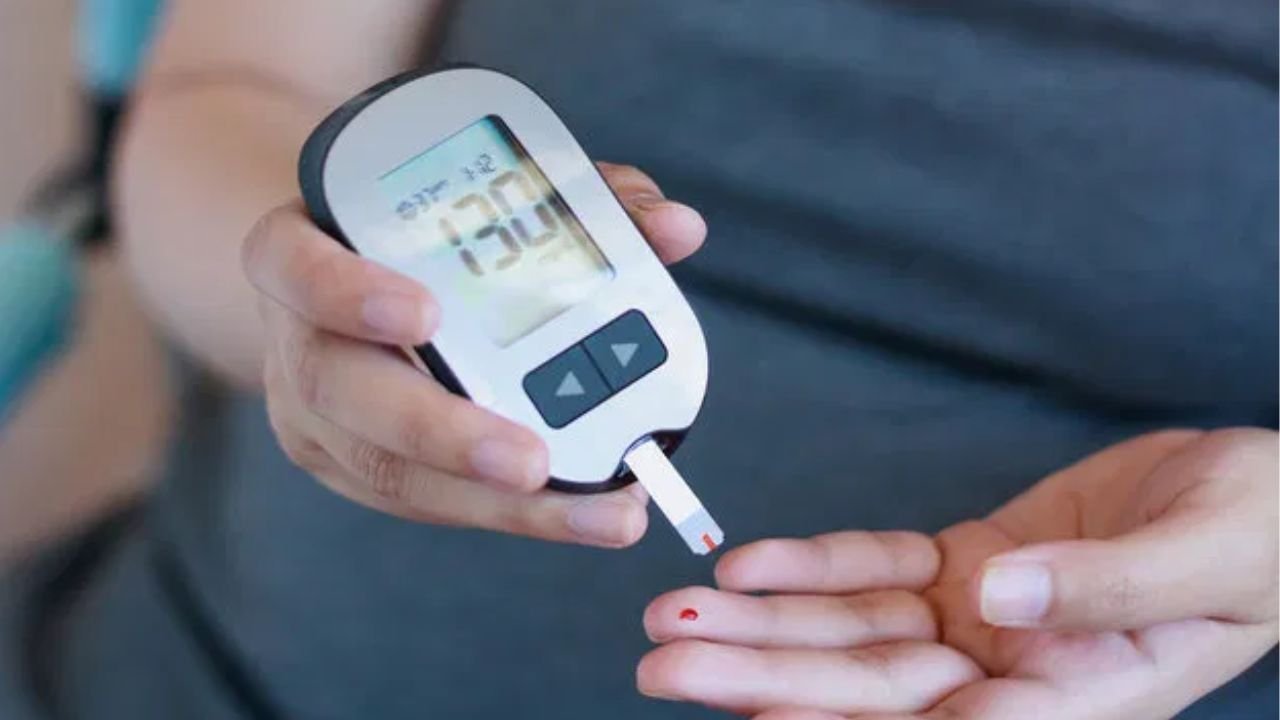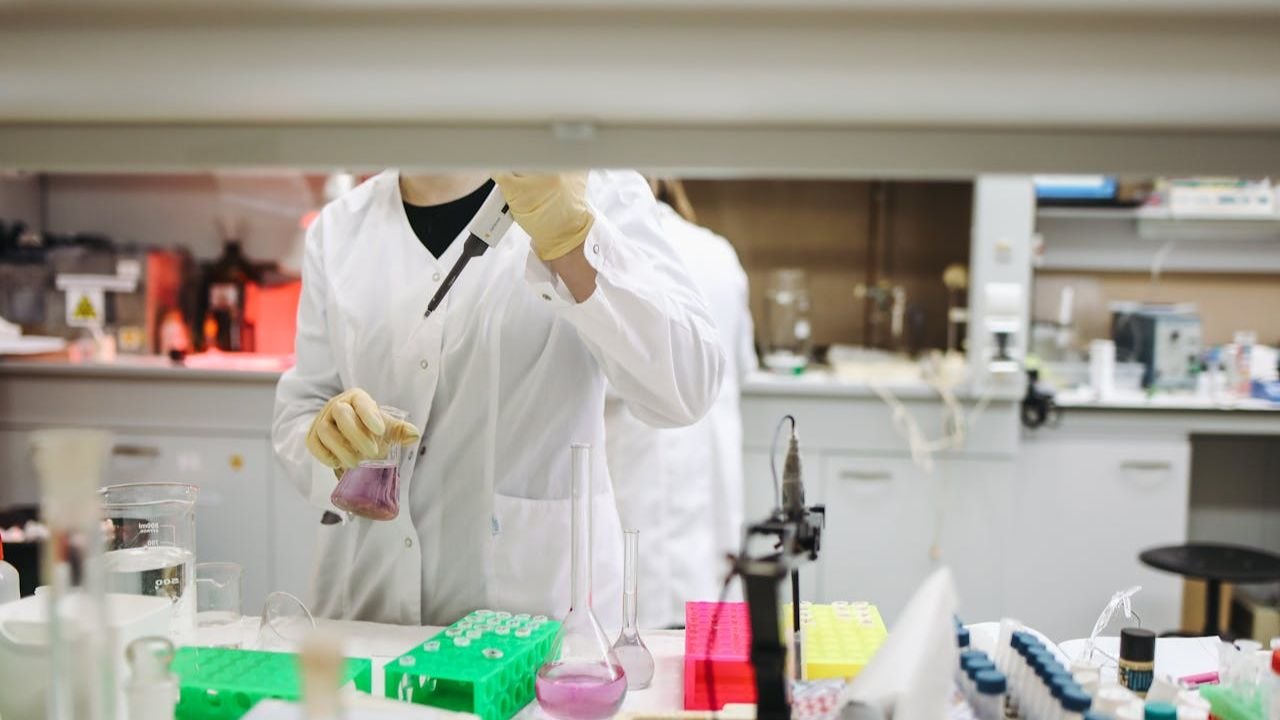Diabetes management is a daily process. It requires close monitoring of sugar levels. Many patients use glucometers for this. They are simple and give instant results. But there is often a gap. Many people wonder how much difference between glucometer and lab test is acceptable. Sometimes the difference is small. Sometimes it is large. Knowing the reason is very important.
This guide will explain everything. From glucometers to lab reports, we will compare them. You will learn accuracy levels, reasons for differences, and practical ways to use both methods together.
What is a Glucometer?
A glucometer is a small electronic device. It checks blood sugar with just a finger prick. You place a drop of blood on a test strip. The strip has enzymes that react with glucose. The glucometer then shows the reading. This process is quick and easy. That is why people use it daily. It requires very little training. Anyone can test sugar at home or even while traveling.
Why Glucometers Are So Popular?
Glucometers are common for daily monitoring. They help patients track sugar changes instantly. For many, it feels like a personal health partner. Here’s why people use them:
- Results appear in seconds.
- Very convenient for home use.
- Affordable devices and strips.
- Helpful for spotting quick changes.
Still, there are drawbacks. Expired strips may cause errors. Dirty fingers can change values. Extreme heat or cold may affect results. These factors show why glucometers are good for daily checks but not perfect for precise diagnosis.
What is a Lab Test?
A lab test is a medical procedure. It involves taking venous blood from the arm. The sample goes into machines for analysis. The results are highly accurate. Unlike glucometers, lab tests do not provide instant results. They take some hours. But their reliability makes them essential. Doctors always prefer lab results for treatment adjustments.
Types of Blood Sugar Lab Tests
Different types of lab tests measure sugar. Each test is done for a specific purpose. Together, they show a complete sugar profile.
| Test Type | Purpose | When Taken |
| Fasting Blood Sugar (FBS) | Measures sugar after fasting | Morning, before food |
| Postprandial Blood Sugar (PPBS) | Measures sugar after meals | Two hours after food |
| HbA1c | Measures 3-month average sugar | Anytime, no fasting needed |
HbA1c is very important. It reflects long-term sugar control. Glucometers cannot show this data.
Why Doctors Rely on Lab Tests?
Doctors trust labs more than glucometers. The reason is simple: accuracy. Every sample goes through machines that are standardized. Experts follow strict procedures. Errors are reduced to a minimum. Unlike glucometers, lab tests are not influenced by hand hygiene or strip condition. That is why medical treatment is always based on lab values, not home readings.
How Much Difference Between Glucometer and Lab Test is Normal?
This is the most common question. Experts say the acceptable gap is about 15–20%. This means if a glucometer shows 150 mg/dl and the lab shows 170 mg/dl, it is still fine.
But if the difference is very wide, the glucometer may not be reliable. The strips may be expired. Or the device may need calibration. That is why it is important to compare both methods from time to time. So, how much difference between glucometer and lab test is okay? Around 15–20% in most cases. Anything beyond that needs investigation.
Glucometer vs Lab Test: Comparison
Here is a side-by-side comparison of both.
| Factor | Glucometer | Lab Test |
| Speed | Seconds | Hours |
| Accuracy | Moderate | Very high |
| Cost | Low | Higher |
| Convenience | Very high | Requires visit |
| Purpose | Daily monitoring | Final diagnosis |
Both methods are valuable. One is for daily use. The other is for treatment decisions.
Why Accuracy Matters So Much?
Blood sugar readings guide treatment. Wrong readings can harm health. For example, if a glucometer shows higher sugar than actual, a patient may take extra insulin. This can cause dangerous hypoglycemia. That’s why lab tests cannot be ignored. Glucometers help in daily checks, but labs guide long-term decisions. Accuracy in diabetes management can save lives.
When to Trust Lab Tests More?
There are situations where labs are the only option. Glucometers are not enough.
- When starting new medicines.
- Before any surgery.
- During pregnancy.
- When symptoms do not match glucometer readings.
- For HbA1c checks every three months.
In these cases, how much difference between glucometer and lab test is acceptable does not matter. The lab test is always preferred.
Tips for Using Glucometers Correctly
You can reduce errors by using glucometers properly. Here are some tips:
- Wash hands before testing.
- Always use new strips.
- Do not expose strips to moisture.
- Store device at room temperature.
- Compare readings with labs regularly.
These steps help get closer results. They also reduce the gap in how much difference between glucometer and lab test appears.
Health Conditions That Disturb Results
Some health conditions may affect glucometer accuracy. They make the gap wider.
- Anemia may lower accuracy.
- Dehydration may show false high.
- High cholesterol may interfere with strips.
This is another reason why labs are necessary. They can detect and correct such issues.
Real-Life Reading Comparison
Here is an example of both methods.
| Situation | Glucometer | Lab Test |
| After breakfast | 180 mg/dl | 195 mg/dl |
| Fasting morning | 120 mg/dl | 132 mg/dl |
| Evening random | 145 mg/dl | 160 mg/dl |
This shows the difference is small. Such a gap is considered safe.
How Much Difference Between Glucometer and Lab Test in Practice?
In real life, patients see small gaps often. If the glucometer says 150 and lab says 170, it is fine. But if the glucometer says 100 and lab says 200, it is a concern. This is why doctors suggest combining both. Use glucometers daily. Use labs every few months. This way, you manage sugar correctly.
Role of Modern Lab Services
Today, labs also provide convenience. Some offer home collection. For example, Orange Health collects samples within 60 minutes. Reports are delivered in 6 hours. Benefits include:
1. Doorstep blood collection:- A trained professional visits your home. This removes the need to travel. It saves time and effort, especially for elderly patients.
2. Quick and accurate results:- Reports are shared within hours. Advanced machines reduce errors. Patients can trust the numbers for treatment changes.
3. Verified by experienced doctors:- Every report is checked by doctors. This ensures reliability and reduces mistakes. Patients get results that are medically reviewed.
4. Latest machines for precisionL:- Labs use updated technology. These machines follow strict standards. The outcome is highly accurate sugar readings.
This combines the ease of glucometers with the accuracy of labs.
Do You Need Both Glucometer and Lab?
Yes, you need both. One gives instant results. The other confirms long-term trends. Using only one method is not enough. A balanced routine looks like this:
- Daily: glucometer readings.
- Every 3 months: HbA1c lab tests.
- When unwell: confirm with lab.
This ensures better control and fewer risks.
Final Thoughts
So, how much difference between glucometer and lab test is acceptable? Normally 15–20%. This is expected due to blood sample type and testing conditions. Glucometers are fast and helpful for daily checks. But lab tests remain the gold standard. They guide proper treatment and confirm long-term control.
The smart way is to use both. Track sugar daily with glucometers. Confirm trends with labs every few months. This approach gives safety and accuracy.
In the end, knowing how much difference between glucometer and lab test exists helps patients avoid errors. With both methods together, diabetes can be managed effectively.
Frequently Asked Questions
Q1. How much difference between glucometer and lab test is safe?
Ans. About 15–20% difference is acceptable.
Q2. Can glucometers replace lab tests?
Ans. No, Glucometers are for daily checks. Labs are for accuracy.
Q3. Why do glucometer results change often?
Ans. Factors like strips, hygiene, and environment affect results.
Q4. Should I adjust insulin based on glucometer?
Ans. Only if values are consistent. Confirm with lab tests regularly.
Q5. Which test is more reliable?
Ans. Lab tests are more accurate than glucometers.
Read Our More Blogs:- Lab Smart Login: Benefits, Features, and the Future of Smart Laboratory Systems



